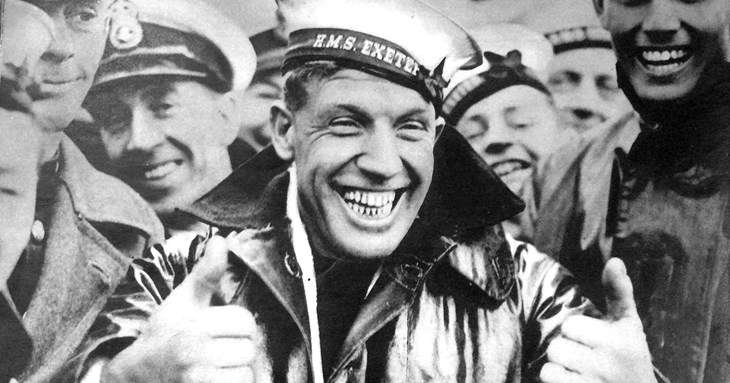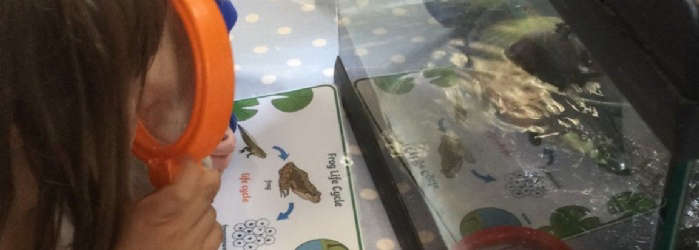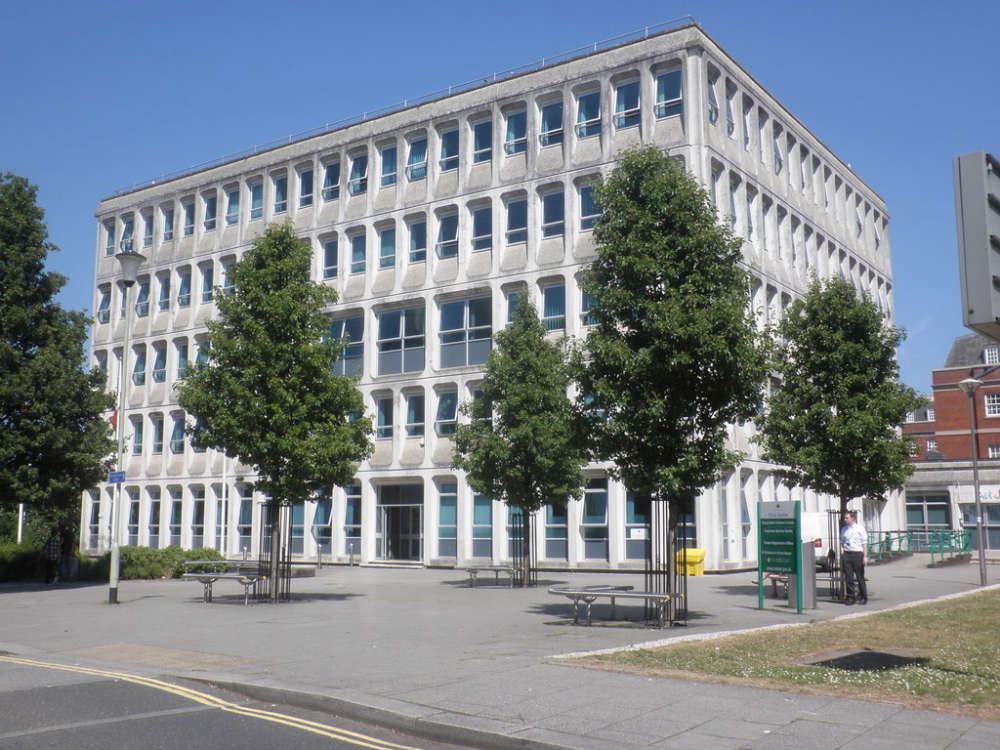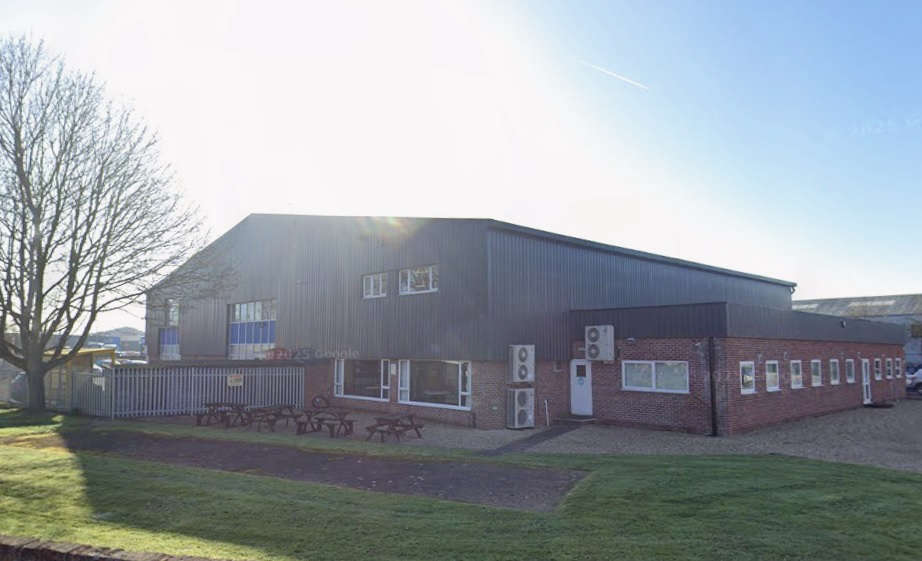
HMS Exeter’s involvement in the Battle of the River Plate is to be remembered at an exhibition to commemorate the 85th Anniversary of the famous Second World War naval battle.
The exhibition will take place at Exeter’s historic Guildhall on Friday 13 December, from 10am to 4pm.
The exhibition will feature a range of historic items from HMS Exeter, including a ceremonial spade and the original Ensign Flag with the bullet holes. A replica of the ship will also be on display.
The Battle of the River Plate took place in the South Atlantic on 13 December 1939 and was the first major naval battle of the Second World War.
Ships from the Royal Navy’s South American Division took on the German heavy cruiser Admiral Graf Spee, which was successfully attacking merchant shipping.
The Graf Spee had cruised into the South Atlantic a fortnight before the war began. One of the hunting groups sent by the British Admiralty to search for the vessel, comprised three Royal Navy cruisers, HMS Exeter and HMS Ajax as well as HMS Achilles from New Zealand.
A battle ensued off the estuary of the River Plate close to the coast of Uruguay in South America.
HMS Exeter was severely damaged and forced to retire. HMS Ajax and HMS Achilles suffered moderate damage. However, the battle had been won - the damage to Admiral Graf Spee, although not extensive, was critical and the fuel system was crippled.
The Graf Spee made it to shore in Uruguay, where the Germans released 61 captive British merchant seamen who had been on board.
When it attempted to leave it was prevented from getting out of the harbour, and was eventually scuttled on the River Plate estuary on 17 December.
The Commander of the Royal Navy Squadron at the Battle, Commodore Henry Harwood Harwood, was awarded Hereditary Freeman. His great grandson Benjamin Maximilian Henry Harwood Harwood was also awarded Freeman of the City.

 Night buses now all year round as new route for Cranbrook added
Night buses now all year round as new route for Cranbrook added
 Whipton Barton Federation Celebrates Top Science Quality Award
Whipton Barton Federation Celebrates Top Science Quality Award
 Footage emerges of unexpected stop on Santa’s delivery round
Footage emerges of unexpected stop on Santa’s delivery round
 Blue plaque bid for Second World War evacuees property
Blue plaque bid for Second World War evacuees property
 New competition urges dog owners to ‘Bag It and Bin It’
New competition urges dog owners to ‘Bag It and Bin It’
 Pressure mounts on Exeter ahead of crunch election debate
Pressure mounts on Exeter ahead of crunch election debate
 Broadside for ‘boring’ Exeter student flats block
Broadside for ‘boring’ Exeter student flats block
 Exeter factory could be turned into a new church
Exeter factory could be turned into a new church










